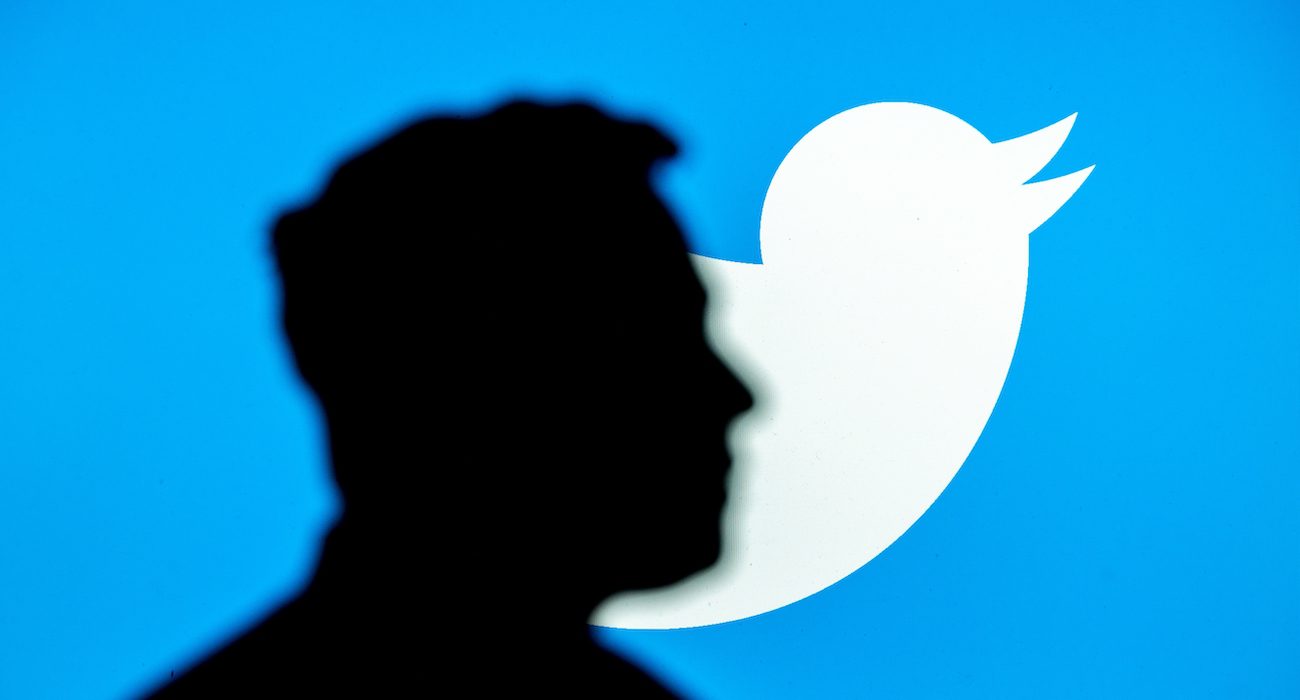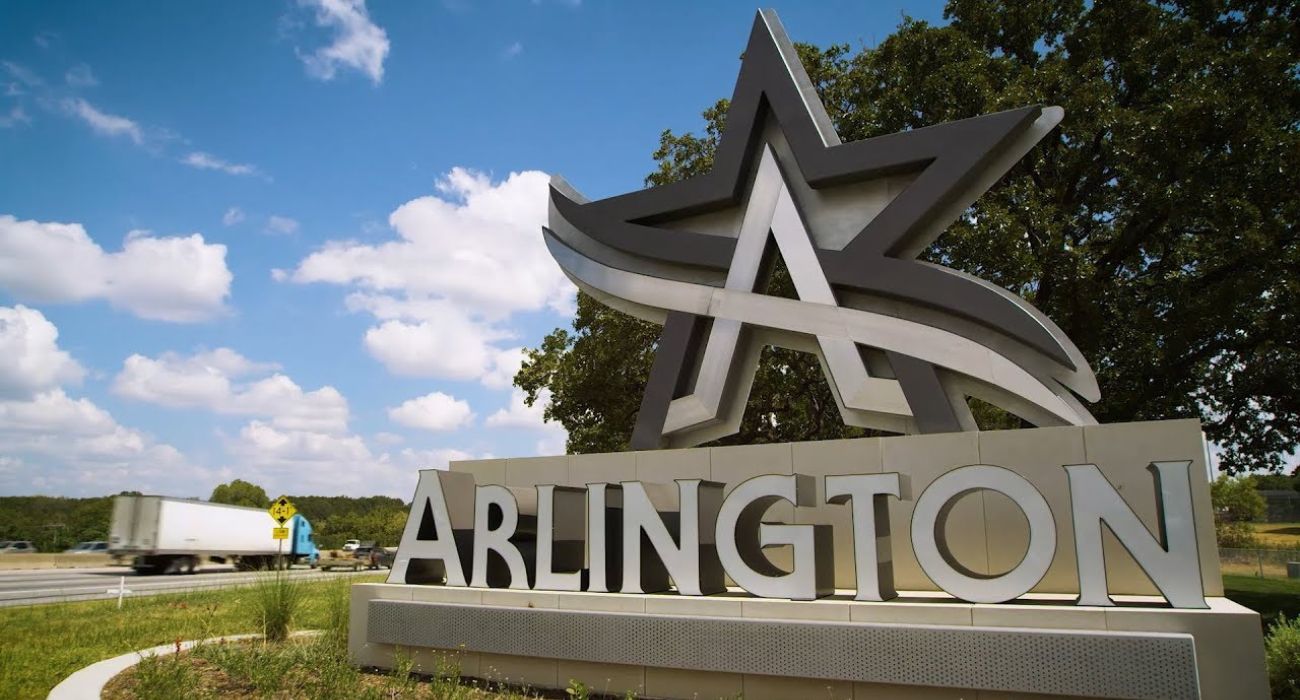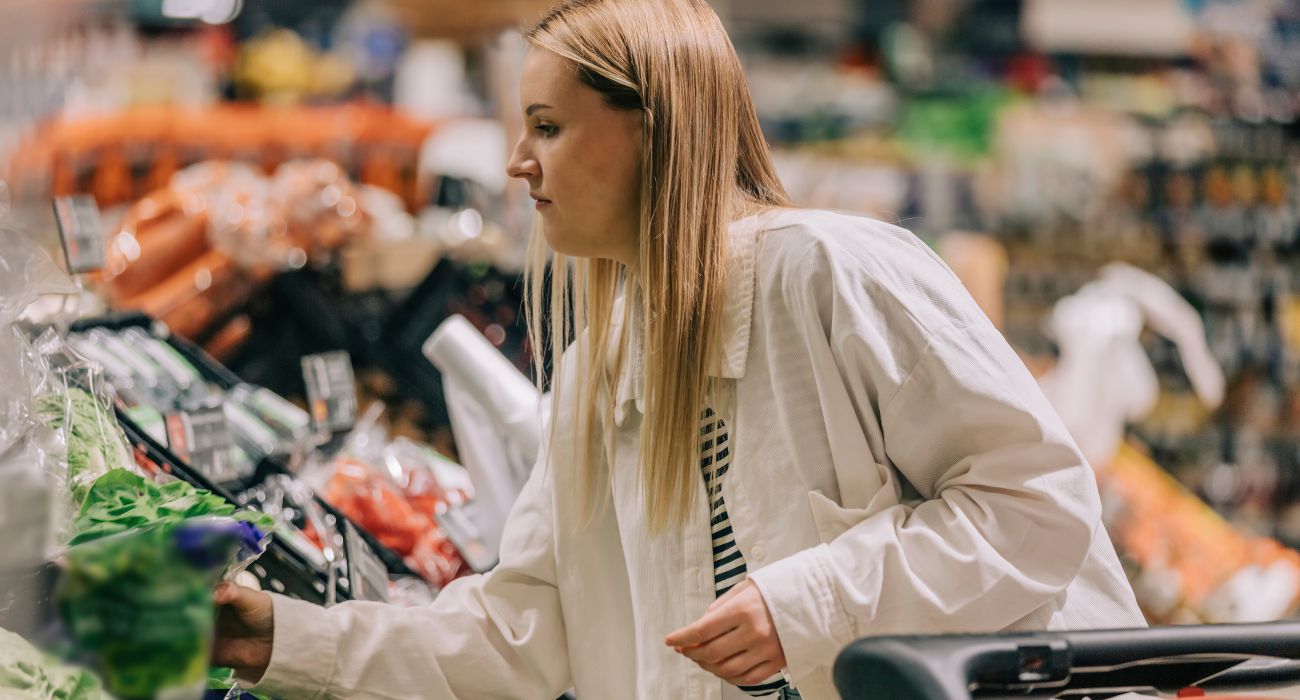Elon Musk is taking legal action in Dallas County over the alleged unauthorized and aggressive collection of Twitter’s data.
X Corp, Twitter’s parent company, claims that four unidentified persons or entities associated with particular IP addresses engaged in “widespread unlawful scraping of data from Twitter” by “contracting with entities that maintain data processing facilities in Dallas County.”
The lawsuit, filed on July 6 in Dallas County District Court, defines data scraping “as a form of unauthorized data collection that uses automation and other processes to harvest data from a website or a mobile application.”
According to the lawsuit, X Corp recently “identified particular IP addresses — including those belonging to Defendants — that were flooding Twitter’s sign-up page with automated requests. The volume of these requests far exceeded what any single individual could send to a server in a given period and clearly indicated that these automated requests were aimed at scraping data from Twitter.”
Besides listing the defendants’ IP addresses, X Corp could not directly ascertain the identity of the four Dallas-based entities. Therefore, the defendants in the lawsuit were given the aliases John Doe 1, John Doe 2, John Doe 3, and John Doe 4.
The suit continues, “These requests have severely taxed X Corp.’s servers and impaired the user experience for millions of X Corp.’s customers. … Data scraping companies profit off the innovation of companies like X Corp. while harming X Corp. and compromising user data. … By unlawfully scaping data, Defendants flagrantly ignore not only X Corp.’s Terms of Service, but also the privacy preferences of Twitter users.”
As the owner of both Twitter and X Corp, Musk has taken steps to mitigate the impact data scraping has on the social media platform.
At the beginning of July, Musk disappointed Twitter users by temporarily limiting the number of posts they could view. In a July 1 tweet, he claimed he did it to “address extreme levels of data scraping & system manipulation.”
In a more recent tweet on July 13, Musk claimed further that the limit was put in place because “[s]everal entities tried to scrape every tweet ever made in a short period of time.”
Data scraping does not just impact user experience and platform efficiency, but it also affects user security and privacy, according to the lawsuit.
“Scraping interferes with the legitimate operation of websites and mobile applications, including Twitter, by placing millions of requests that tax the capacity of servers and impair the experience of actual users. The technology used by data scrapers … can make online platforms less stable and harm the experience of legitimate users,” the suit claims.
The lawsuit says that when it comes to unlawful data collection using masking software and other technology, Twitter users have no control over how data-scraping companies repackage and sell their personal information.
A trial date has not been scheduled.






